Publications
Articles, publications, books, tools and multimedia features from the U.S. Institute of Peace provide the latest news, analysis, research findings, practitioner guides and reports, all related to the conflict zones and issues that are at the center of the Institute’s work to prevent and reduce violent conflict.
Question And Answer
Amid a Changing Global Order, NATO Looks East
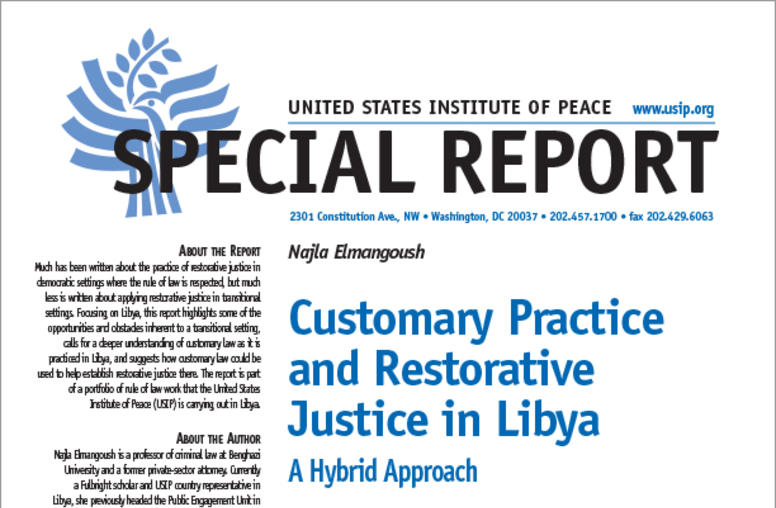
Customary Practice and Restorative Justice in Libya: A Hybrid Approach
Four years after the fall of Muammar Gadhafi, Libya has become even more violent. Explosions, assassinations, kidnappings, and fighting between militias are commonplace. The central government is extremely fragile. This report highlights some of the opportunities and obstacles in a transitional setting. Its goal is to spark debate among scholars, policymakers, practitioners, and civil society actors about the role of customary law and the potential of restorative justice in a transitional set...
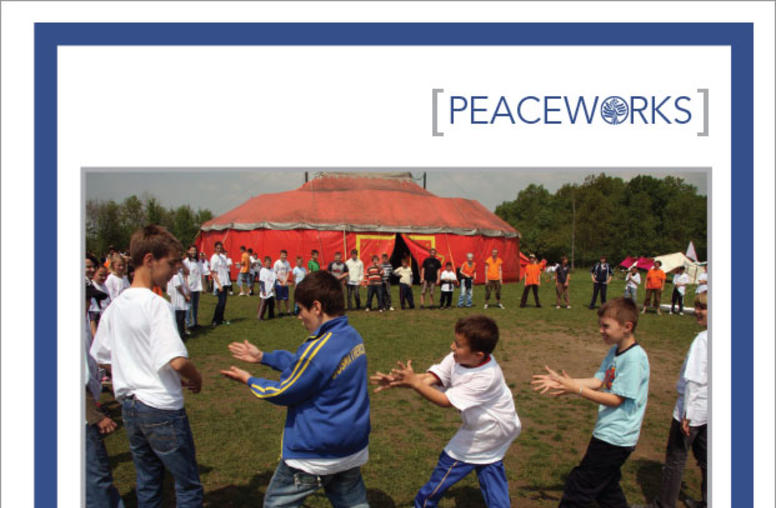
Reconciliation in Practice
Reconciliation projects face two critical challenges: the situation on the ground in postconflict settings and the gap between reconciliation theory and practice. If the society is to transition successfully to a new path forward, the critical knowledge gap must first be closed. The first step is assessing work recently completed or now in progress. How do organizations even define reconciliation? What activities are being undertaken to that end? What theories underpin intervention strategies...
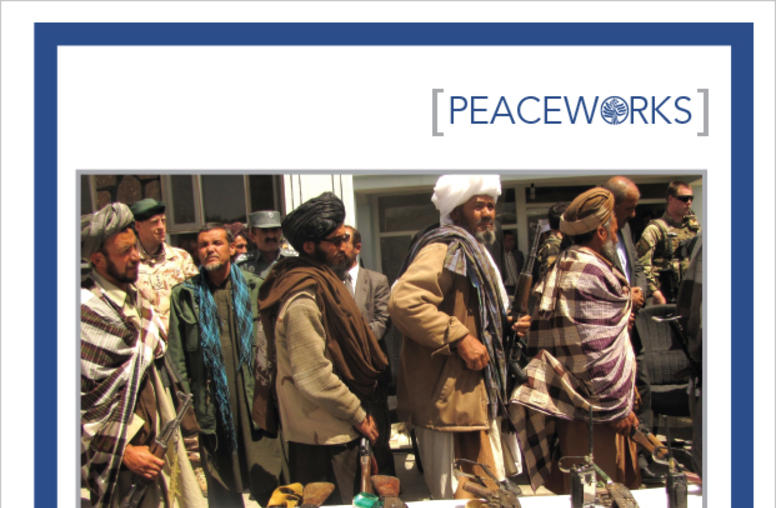
The Politics of Disarmament and Rearmament in Afghanistan
Four international programs designed to disarm, demobilize, and reintegrate militias in Afghanistan since 2001 have largely failed. They have instead largely reinforced existing power relations. Perhaps their gravest impact has been to deepen patterns of political exclusion that underlie much of the violence that have driven support for the insurgency. Demilitarization, this report makes clear, is only part of a wider political process, both with Taliban leaders and between pro-government fac...
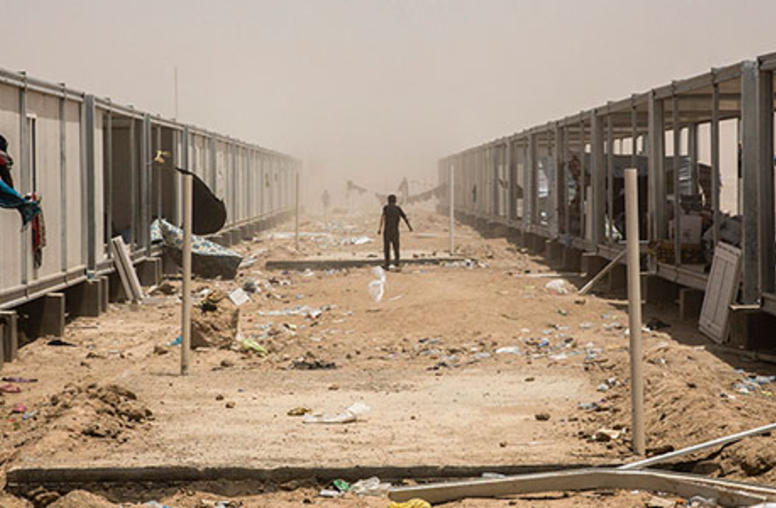
For Iraq’s ISIS Targets, Urgent Need for Aid and Security
The recent U.S. designation of genocide to describe the ISIS extremist group’s killings and persecution of minorities as well as Shia Muslims in Iraq and Syria highlighted the long history of oppression of religious and ethnic groups and the questions looming about whether religious minorities especially can survive in the region, according to USIP Senior Program Officer Sarhang Hamasaeed.
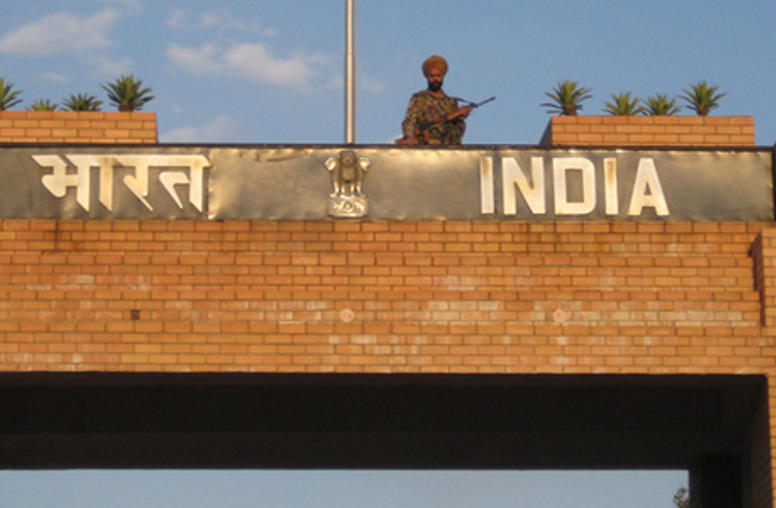
Is the United States Ready for the Next India-Pakistan Crisis?
When terrorists attacked India’s Pathankot air base near the Pakistani border in January, and India said the assailants had come from Pakistan, observers worldwide momentarily held their breaths, wondering whether this confrontation would spin into wider violence.
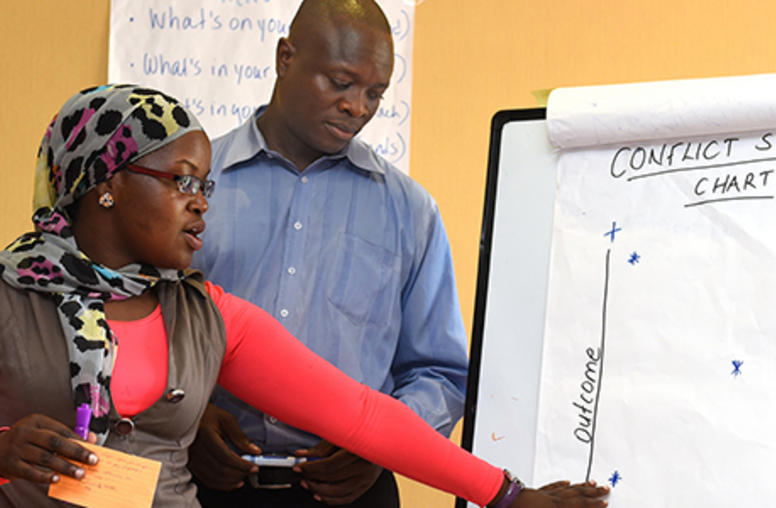
Landmark U.N. Resolution Elevates Youth in Work for Peace
In a landmark decision, the United Nations Security Council this week adopted its first resolution to address the critical role that young people play in preventing and resolving conflict. Resolution 2250 on Youth, Peace and Security, which passed with the unanimous support of the U.N.’s 193 member states, is especially vital given that more than half of the world’s population is under the age of 30, and 70 percent of them are concentrated in Africa and the Middle East, two regions roiled by violent conflict.
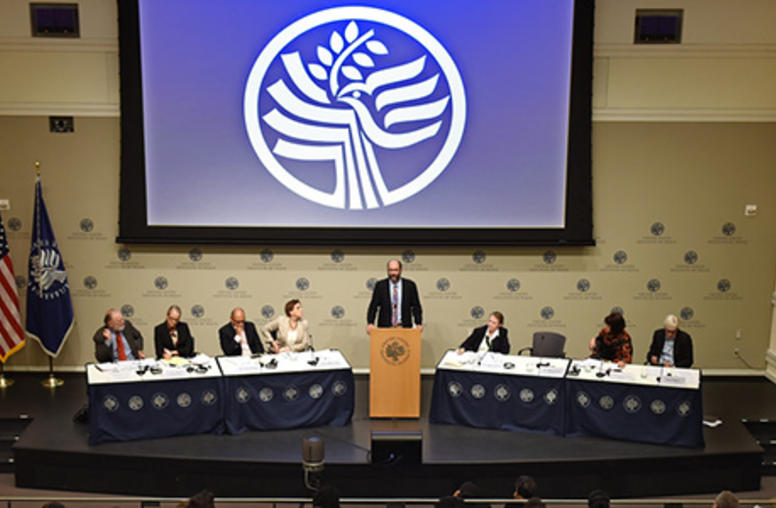
Colombia Considers War and Memory
A breakthrough in peace talks last month between Colombia’s government and the country’s biggest guerrilla group cements the role of victims in the process and has been hailed as a possible model for resolving conflicts elsewhere. Yet after 50 years of violence, a political accord on how to deal with the millions victimized by the war is just the first step. Hardened, bitter memories will risk rekindling conflict. Colombian peacebuilders say the way forward depends on an effective justice sys...
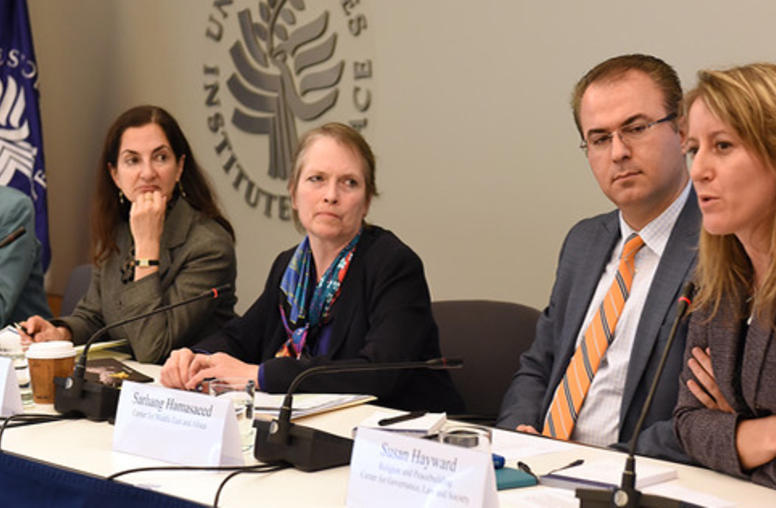
Reconciliation as the Road to Durable Peace
Apology. Confession. Truth-telling. Forgiveness. These are elements of reconciliation, perhaps the most important underpinning for turning a violent conflict into durable peace. Yet building peace is complicated by a reality that human cultures have no agreed definition of reconciliation. Indeed many may resist it as an imposed Western value, USIP scholars said.
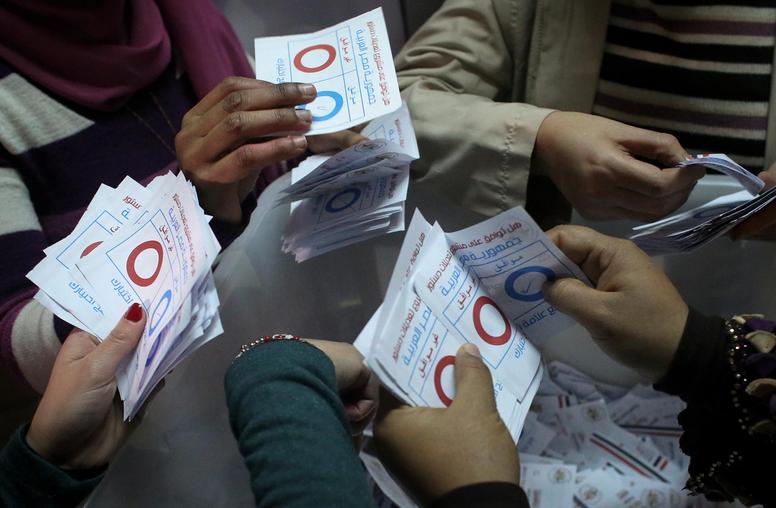
Q&A Egypt’s Post-Referendum Mood
Egyptians went to the polls on Jan. 14-15 to vote on a new constitution, the third referendum on a charter since the spring 2011 uprising that ultimately toppled authoritarian President Hosni Mubarak. Manal Omar, USIP’s associate vice president for the Middle East and Africa, has been on the ground in Cairo and discusses the significance of the vote, the issues involved, and the prospects for Egypt’s political system going forward.
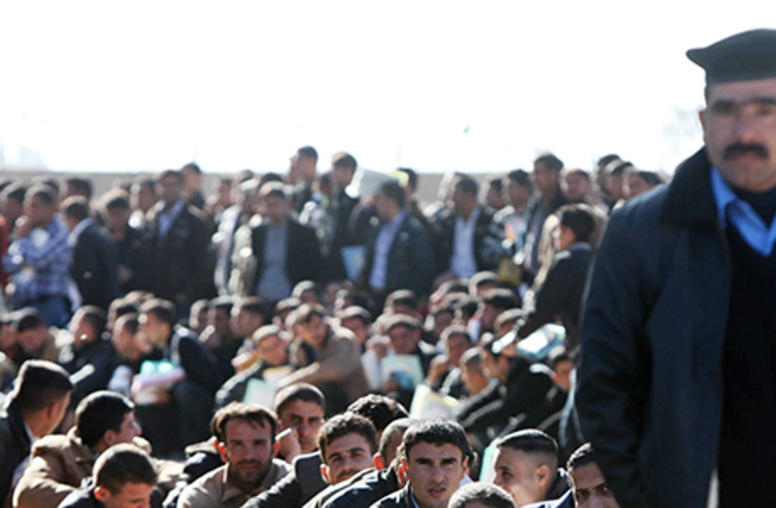
Iraq Research: Sense of Injustice Is Key to Violent Extremism
Three years of public polling in Iraq by Mercy Corps has put hard figures to an often-cited theory about the spread and attraction of violent extremism. More than poverty, joblessness or any other dispute or social ill, it is the perception—or reality—of injustice that fuels support for armed opposition groups.